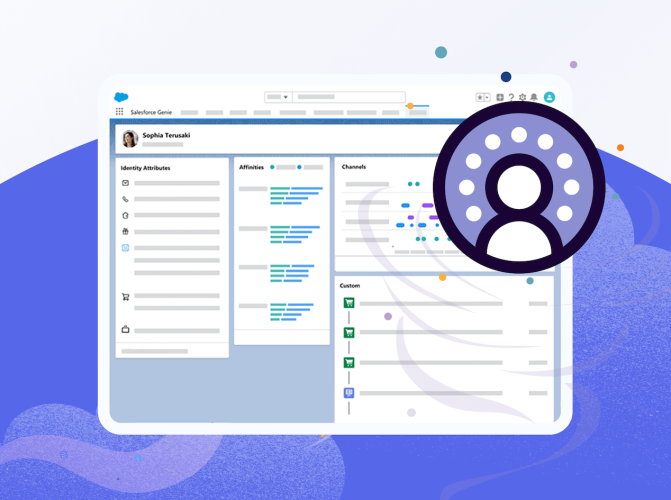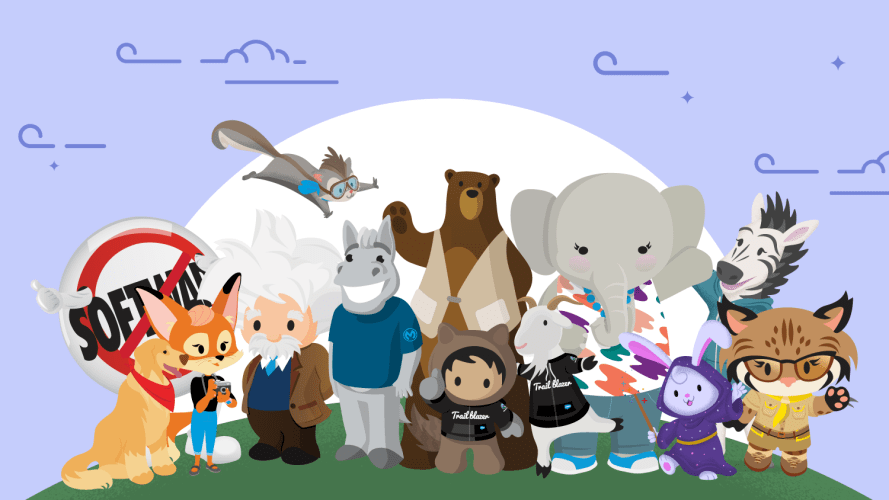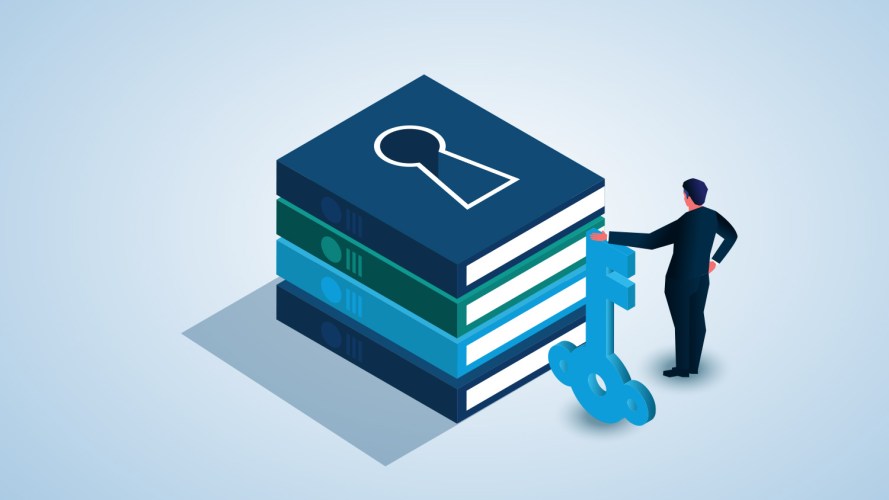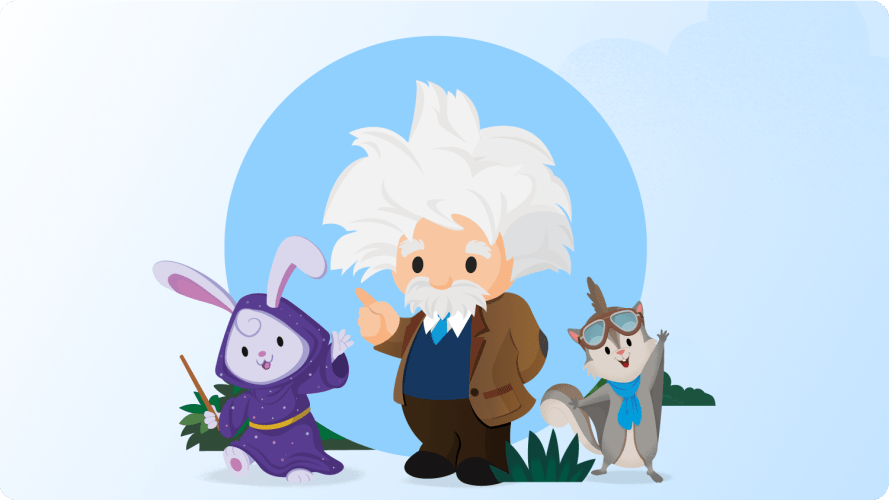Smart Contracts Can Help You Win Web3 – Here’s How They Work



As we move into a Web3 world, blockchain can help make the businesses of the future more trustworthy, streamlined, and credible.

Patrick Stokes
If you want to understand how blockchain can assure absolute trust in a business transaction, pretend for a moment you’re a farmer — a farmer who wants to take out an insurance policy to protect your crops from certain weather events.
Your policy stipulates if it rains more than 10 inches within a six-month period, the insurance company will pay you $250,000. You like the rate, hire a lawyer to review the terms, and eventually purchase the policy.
Then it rains— and rains a lot. And destroys your crops. You call your insurance company and ask for your payout, but the agents at the insurance company disagree. They don’t think it rained 10 inches on your farm’s location. Or maybe they think it rained a lot due to climate change, and they aren’t responsible for that.
Now, you might be able to win this dispute, but it would require two things: money for lawyers, and a well-functioning legal system capable of arbitrating between your lawyer and that of your insurance company. That’s a lot of facilitators and systems getting in the way of your $250,000.
Wouldn’t it be easier if there was simply a piece of code that monitors climate data and automatically transfers $250,000 to your account if the weather hits a certain level? No arbitration. No human subjectivity. Just code that delivers.
The blockchain is optimized to do just that and, in turn, create what experts are calling a “trustless environment.” This does not mean that Web 3.0 — a.k.a. Web3, the internet environment based on decentralized blockchain systems — is a cynical, backstabbing place where the only person you can count on is yourself. On the contrary: It refers to an environment where the concept of trust is moot because the blockchain provides the verifying function typically managed by expensive go-betweens, such as real estate agents, banks, or lawyers — except with unimpeachable objectivity and immutability.
Are you future-proofing your customer relationships?
With Salesforce Web3, customers can create deeper loyalty with their customers with a trusted, connected platform.



Introducing smart contracts
The technology behind all this is called a “smart contract,” which enables a transaction or agreement between two parties to be carried out without the need for a central authority, legal system, or external enforcement mechanism.
There are some rudimentary predecessors to these smart contracts in the analog world. Consider a vending machine, for example, powered by a small piece of code with only one purpose: to distribute snacks. We may not see the code inside the machine, but it’s there, waiting for someone like you to insert a dollar. As soon as you do, the code executes, checks to see if the currency is valid, and releases a snack if so. The code handled the entire transaction between buyer and seller.
But a vending machine and a smart contract are not the same. One big difference comes down to the question of ownership. Although the vending machine relies on code to distribute your snack, that code is owned and executed by the vending machine company. If one day you insert a dollar and your snack fails to materialize, you’re left with only data owned by the vending machine company — or the possibility of a trusting, friendly employee of the vending machine company — to settle your dispute.
What the smart contract does — and here is its revolutionary potential — is eliminate this gray area. Unlike the vending machine code, or any code owned by your insurance company, a smart contract is not executed by a central authority. Instead, it exists because a huge network of distributed computers have agreed to cooperate and run the pieces of code that comprise the transaction.
The code within a smart contract can never be altered or removed — even by the original creator. This is because every transaction, or data block, on the blockchain is tagged with its own “hash,” a unique set of characters that acts as a sort of data fingerprint. If even a single byte of the data block is altered, an entirely new hash is generated. In addition to having a unique hash of its own, each data block contains the unique hash of the previous transaction — thus creating a blockchain.
Smart contracts help ensure transactions run smoothly
This is what we mean by immutability. If we went back and tried to change even just one character on a transaction, it would make every other transaction on the blockchain fail to calculate correctly. The nodes would immediately notice this, and the offender would be dealt with. Thus, the data can never be changed. Once it’s verified and added to the blockchain, it is there forever.
These properties of the smart contract create an incredible level of transparency and trust for the buyer, which has the potential to disrupt any and all systems where go-betweens exist.
Will it? We don’t know yet. The blockchain itself is still in its infancy, and many chains still suffer from big problems such as sustainability. And, of course, go-betweens will fight back. But democratization has a pesky way of winning, and if we were smart, we wouldn’t write off the potential of the blockchain. Instead, let’s pay attention and look for opportunities to support customers as they enter this new trustless future.
Get a 360° view of success
Vantage Point magazine brings together thoughtfully curated voices from the world’s most influential companies. Each issue unpacks intimate insights shaping the workplace.


























